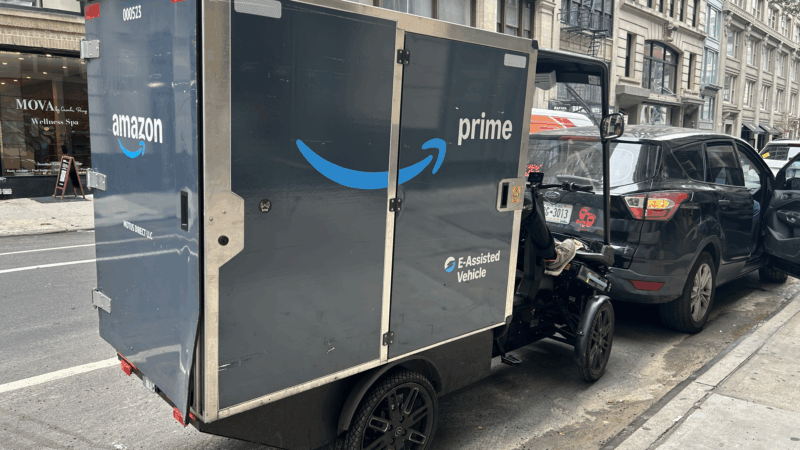Amazon to pay $2.5 billion to settle U.S. lawsuit that it ‘tricked’ people into Prime
Amazon has agreed to pay a historic $2.5 billion to settle a landmark case over its Prime membership program, according to U.S. regulators, whose lawsuit had alleged the company’s web designs manipulated tens of millions of people into paying for subscriptions that were purposefully hard to cancel.
Amazon, without admitting wrongdoing, will pay $1 billion in civil penalties to the government and another $1.5 billion in payments to affected consumers, according to court documents. Amazon representatives did not immediately comment.
Eligible customers will automatically receive reimbursements up to $51, while other Amazon users will be able to submit claims for refunds. The company will also make changes to how Prime subscription options are displayed to shoppers.
The Federal Trade Commission and Amazon reached the deal as trial was just beginning in Amazon’s hometown of Seattle. Somewhat unusually for a dense antitrust case, a jury was slated to determine whether Amazon broke the law.
Amazon still faces another, bigger federal lawsuit, in which the FTC has accused the company of functioning as a monopoly. The tech giant has described it as “wrong on the facts and on the law.” That trial is expected in early 2027, in front of the same judge, John Chun of the U.S. District Court for the Western District of Washington.
The FTC, which regulates competition, brought the lawsuit in 2023. It accused Amazon of illegally using “manipulative, coercive, or deceptive” designs to get shoppers enrolled in auto-renewing Prime subscriptions, which currently cost $139 a year or $14.99 a month. Regulators also alleged that Amazon purposefully built a convoluted, multi-step cancellation process to discourage people from quitting — and repeatedly backtracked on plans to simplify the process as this led to fewer subscribers.
Throughout the court battle, Amazon denied breaking any laws. It argued its designs and disclosures followed or even surpassed widely used industry standards. The company said its processes were clear to the vast majority of Amazon customers, who chose Prime for benefits such as free two-day shipping.
Thursday’s settlement comes after one the FTC’s key witnesses testified: former Amazon user experience researcher, Reid Nelson. During testimony, emails and text messages from Nelson revealed that he and his team had repeatedly flagged Amazon’s design tactics as misleading or confusing to customers. In one message, Nelson said Amazon’s business goals would be very difficult to hit if Prime web design were more transparent. During cross examination, Amazon lawyers said the company has spent more than $10 million to solve customer frustration issues like the ones flagged by Nelson and his team.
Monica Nickelsburg at KUOW contributed to this report.
Editor’s note: Amazon is among NPR’s recent financial supporters and pays to distribute some NPR content.
FCC calls for more ‘patriotic, pro-America’ programming in runup to 250th anniversary
The "Pledge America Campaign" urges broadcasters to focus on programming that highlights "the historic accomplishments of this great nation from our founding through the Trump Administration today."
NASA’s Artemis II lunar mission may not launch in March after all
NASA says an "interrupted flow" of helium to the rocket system could require a rollback to the Vehicle Assembly Building. If it happens, NASA says the launch to the moon would be delayed until April.
Mississippi health system shuts down clinics statewide after ransomware attack
The attack was launched on Thursday and prompted hospital officials to close all of its 35 clinics across the state.
Blizzard conditions and high winds forecast for NYC, East coast
The winter storm is expected to bring blizzard conditions and possibly up to 2 feet of snow in New York City.
Norway’s Johannes Klæbo is new Winter Olympics king
Johannes Klaebo won all six cross-country skiing events at this year's Winter Olympics, the surpassing Eric Heiden's five golds in 1980.
Willie Colón, salsa pioneer, has died at 75
The South Bronx bandleader took the Latin genre to new heights while recording for Fania Records.






